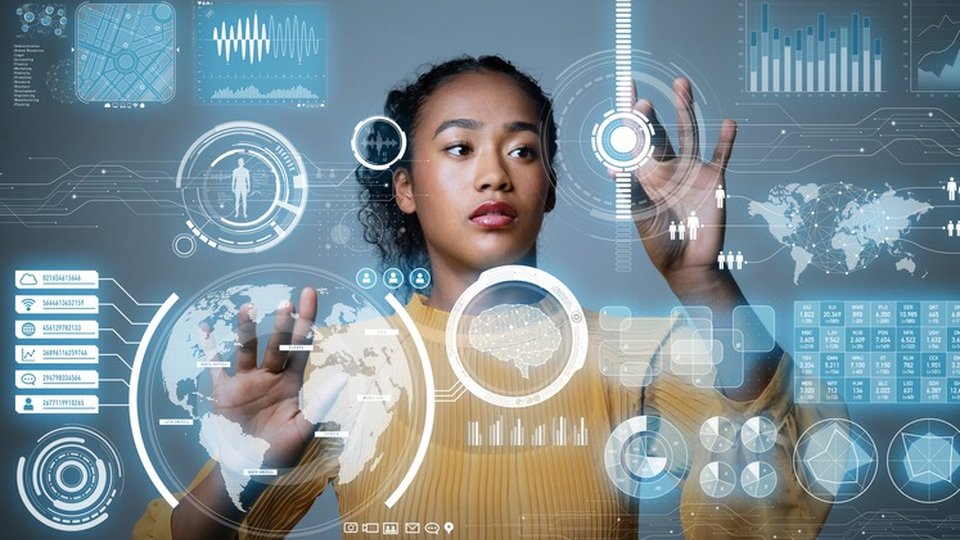Technology
AI doesn't replace the restaurant marketer
If used properly, artificial intelligence gives marketers the information, insight and confidence they need to maximize returns when engaging and motivating guests. In fact, the right AI can help motivate individual actions.

June 17, 2021 by Jessica Shelcusky — Senior Marketing Specialist, Paytronix
Imagine creating the ideal promotion. The one that will target just the right guests at just the right time with just the right offer. The one that will drive engagement and bring customers into the restaurant without cannibalizing sales. And the promotion gets delivered in just the right medium, whether that's SMS, a push notification or an email.
Of course, creating the ideal promotion means you get great results. Or more specifically, you encourage individuals to take action in such a way that drives brand engagement.
But getting here requires two things. First, it requires a marketer to know how to execute a great campaign, and second, it requires the right artificial intelligence to read the data consumers provide and then offer up the right suggestions for the marketer to use.
The great fears of AI are that it will replace the workers or will be given too much power. Those are reiterated by restaurant employees and even industry experts, as we saw in a recent FastCasual piece, but is it fair linking the advantages of AI to the broad fears of job displacement and inherent bias? One academic discussed the fear of listening to AI when it gives suggestions on where to open stores, perhaps favoring affluent neighborhoods over those in need. Another worried about workers becoming subservient to the whims for a digital scheduling and tracking system, saying "We're making people that think more like robots."
But putting artificial intelligence into the hands of those who know how to use it is exactly the point. If used properly, artificial intelligence gives marketers the information, insight and confidence they need to maximize returns when engaging and motivating guests. In fact, the right AI can help motivate individual actions.
We see a great example in clustering, or k-means clustering, in which the AI identifies points in the data set and then creates clusters of the nearest data points, while keeping each cluster as small as possible. The goal is to find similarities that a human may not notice.
Armed with this information, a marketer can then make appropriate decisions about whether they want to push a desired behavior or encourage people to continue an existing behavior. It also enables them to position new products correctly and align the right motivations to the right guests.
All of this is to say that artificial intelligence doesn't replace a marketer but enables those who already understand the business of marketing to use their data to uncover trends that would otherwise remain hidden. AI helps them better understand guests' patterns, behaviors, wants, and needs.
Most importantly, marketers who leverage AI still make all the key choices, like choosing when to maintain a human touch and setting the parameters that the AI will optimize for, such as maximizing ROI or driving incremental visits. Only now, the decisions will be guided by a wealth of new information.
About Jessica Shelcusky
Jessica Shelcusky is a marketing communications specialist with Paytronix, where she creates content to help restaurants and convenience stores connect with their customers. Prior to joining their team, she received an MBA from Boston College and worked for several years in the retail industry.
 ChatGPT
ChatGPT Grok
Grok Perplexity
Perplexity Claude
Claude












